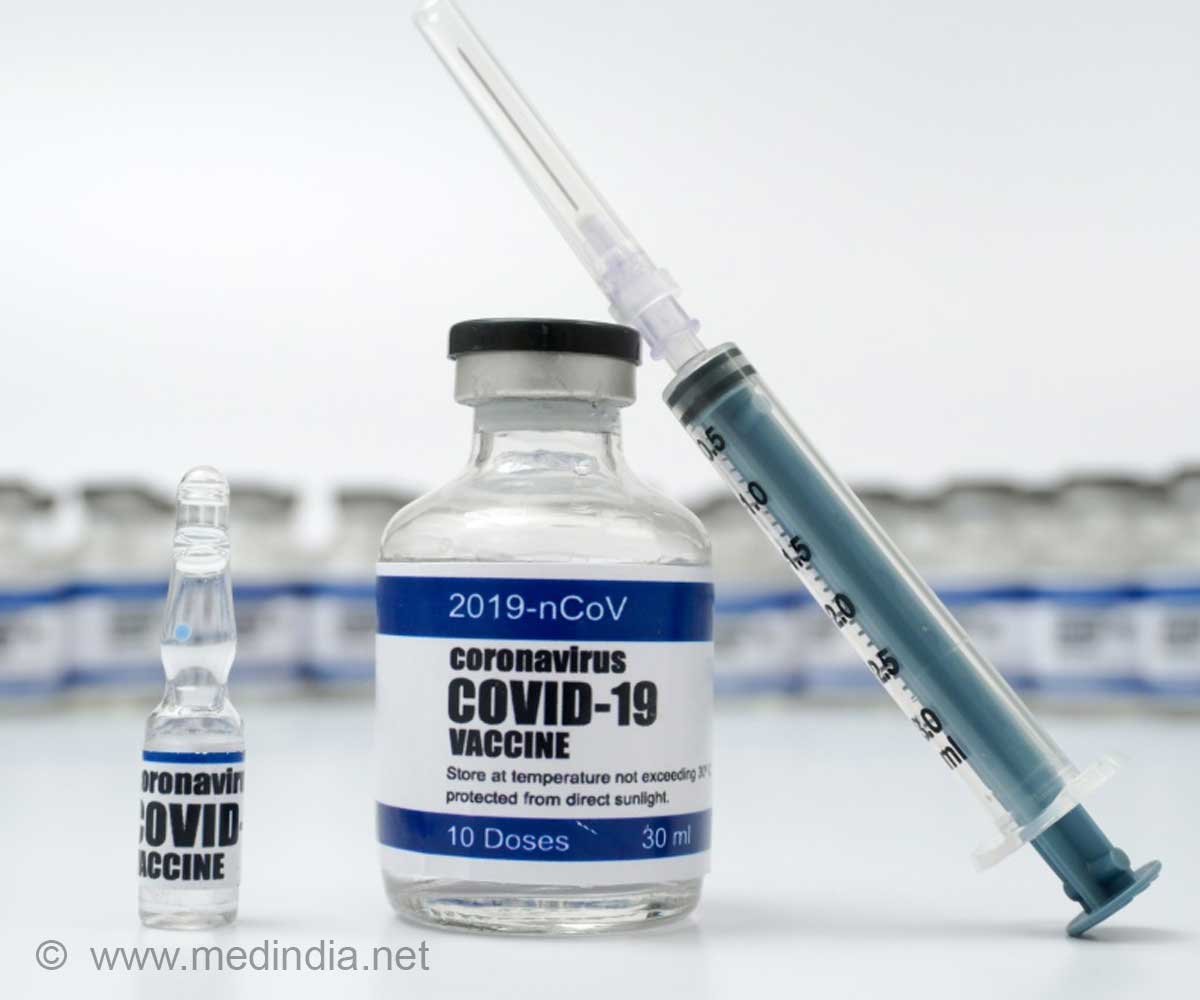British-Swedish biopharmaceutical firm AstraZeneca along with the University of Oxford rolled out human trials for booster shots against Beta variant of coronavirus.

‘Various firms are starting clinical trials to understand whether a third shot of COVID-19 vaccine jab could combat new emerging coronavirus variants.’
Read More..




Clinical trial of a new version of the Oxford-AstraZeneca vaccine represent efforts to combat new variants of the novel coronavirus.Read More..
The Oxford-AstraZeneca COVID shot uses a harmless virus to insert a piece of the novel coronavirus’s spike protein into our body, which causes an immune reaction and trains the immune system to ward off any future attacks by the virus.
The booster shot is named as AZD2816 and, according to AstraZeneca, “has been built using the same adenoviral vector platform" as the original vaccine.
But, the spike protein that it will introduce to the human immune system is based on the Beta, or B.1.351, variant. But, “these modifications are only minor and in all other ways the two vaccines are the same," AstraZeneca said.
AZD2816, will be administered to individuals who have previously been fully vaccinated with two doses of AstraZeneca vaccine/Vaxzervia or an mRNA vaccine, at least three months after their last injection.
Advertisement
AZD2816 has been designed using the same adenoviral vector platform with minor modifications to the spike protein based on the Beta (B1351) variant, first identified in South Africa.
Advertisement
"Testing booster doses of existing vaccines and new variant vaccines is important to ensure we are best prepared to stay ahead of the pandemic coronavirus, should their use be needed," said Professor Sir Andrew J. Pollard, chief investigator and director of the Oxford Vaccine Group, in the statement.
The data will be submitted to regulators for assessment as a next-generation booster vaccine and through an expedited regulatory pathway, the company said.
"The Beta variant vaccine contains 10 changes across the spike protein, many of which are also seen in other variants of concern, and which lead to effects such as, reduced ability of antibodies induced against the original virus to block cell entry (K417N, E484K, N501Y), increased infectivity compared to the original virus (D614G); reduced sensitivity of neutralising antibodies to the original virus (L452R)," the company said.
The UK launched a clinical trial that aimed to assess the efficacy of a third 'booster' dose of seven different COVID-19 vaccines in May.
The US Centers for Disease Control and Prevention has noted that there is currently no data to support that a Covid-19 vaccine booster shot is needed for the general population. But, an extra dose may be needed for more-vulnerable groups, such as older adults or organ transplant patients.
Both Pfizer and Moderna are investigating a third dose of COVID vaccine, while Johnson & Johnson is studying the need for a second dose to raise protection against the virus, the report said.
The US NIH's is also conducting a clinical trial to understand whether a third shot of a Moderna vaccine could be given after a person initially received two shots of Pfizer, or one shot of Johnson & Johnson, the report added.
Source-Medindia











